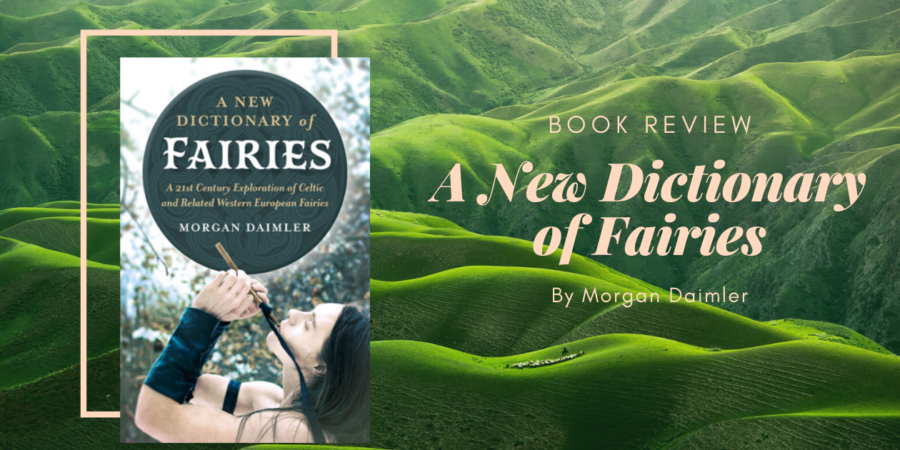It should be pretty obvious that I like fairytales and folklore. So when I heard about this book on Netgalley, I was immediately intrigued. It’s supposed to be a comprehensive resource on all things about the Good People and it definitely delivers.
Organised alphabetically (duh!), A New Dictionary of Fairies covers subjects like Elf-Shot and Possession by Fairies, people like Bessie Dunlop and Beady Early, and ballads like Tam Lin and Lady Isobel and the Elf Knight. It’s a fantastic resource that looks at the history and beliefs regarding fairies.
I was initially a bit worried that the subject matter was going to be too narrow, because I was pretty interested in fairies in Asia and how they compare, but it turns out that the book wasn’t narrow enough for me. While the fairies have a lot of similarities, the dictionary organisation of the book meant that it was pretty difficult to distinguish between fairies of different countries. I have a pretty good understanding of the fairies in Western Europe/Celtic cultures now, but I don’t think I can explain much about the differences within regions.
Another ‘drawback’, if you can call it that, of the dictionary format is that it’s harder to get an overview of the study of fairies because the information comes in small topics. I suppose it would be hard to structure a general overview because there’s so much to cover, but I would have really enjoyed the book that way as well. But I did learn a lot from the book as it is so this is really more of a wish than a complaint.
I was also really intrigued by the mentions of Christianity in the book and how they related to fairies. The discussions of how fairies seem to treat the religion was fascinating and I would love to read more about the history of fairies and Christianity. Surely someone has written about it! The book mentions a minister named Robert Kirk who has apparently written about fairies – I’ll have to check out his writings.
On the same note, the discussion of whether fairies have souls/can go to heaven reminds me a little of the controversy surrounding ghosts (from A Cultural History of Ghosts). In the book, the author mentions that the arguments for and against the existence to ghosts depended on the denomination of Christianity – I wonder if it’s the same here.
Overall, this was a fascinating and evidently well-researched book on the subject of fairies in Western Europe (in particular, Celtic culture). If you are interested in the subject, I’d recommend that you check it out.
Disclaimer: I received a free copy of this book from the publisher via NetGalley.
Featured Image: Photo from Canva
